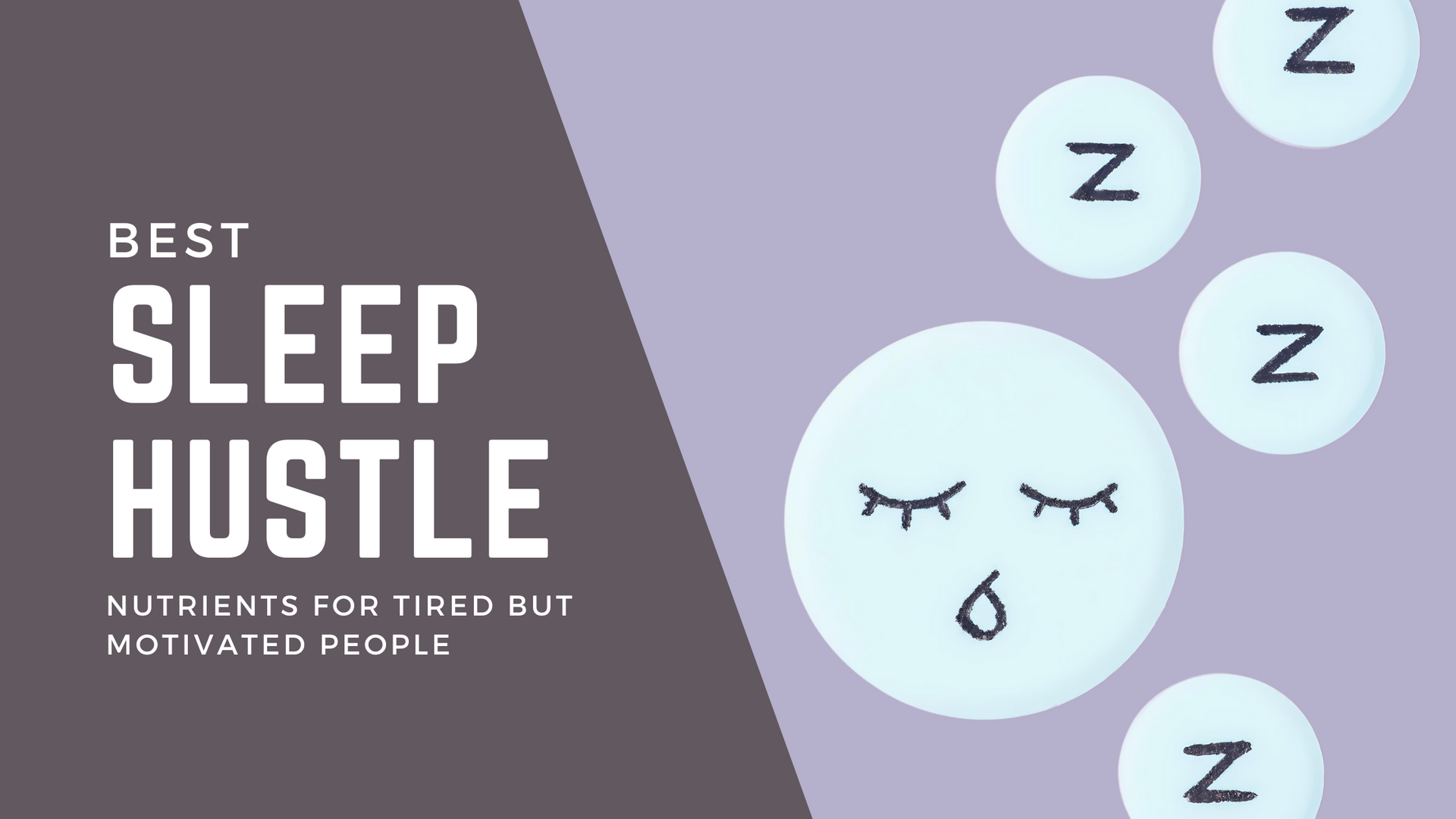
The thought that if you are a "healthy person" you will never get sick is a myth. In fact, i t’s perfectly normal to get sick every once in a while. This shows that our immune system is functioning the way that it was created to and defending us from unwanted invaders. With the onset of the pandemic, boosting the immune system to fight off the coronavirus has been a massive topic. But I feel like sometimes this topic gets thrown out and sets unspoken expectations that if your immune system is “boosted” that it will keep you from getting sick. And honestly, it’s all a matter of semantics, but I feel the need to clarify in clear words what the goal is for a healthy immune response. My true goal as a licensed physician and Naturopathic Doctor when I say “boosting the immune system” is to help your body correctly and effectively take care of bacteria and viruses (any unwanted microbe) that may enter your system. This does not mean that you will not get sick with the flu, cold, or whatever is going around. This means that your body is able to quickly identify and eliminate the intruder given the body’s natural elimination pathways. This often looks like producing mucus, coughing, healthy fever levels, etc. All the symptoms that people associate with being sick, is your body’s immune system functioning the way it is supposed to. The length of appropriate symptoms varies based on what the body may be fighting off. For example, colds and flus can last from 3 to 7 days. The key is that the body is able to react, recover and heal with support of the immune system and the person returns to normal quite quickly within a matter of days. The goal of optimizing immune system function is avoiding the UNWANTED results of a dysfunctioning immune system. This can be one of two things. The dysfunctional immune system can be underfunctioning or overfunctioning. Underfunctioning - This is where the body has a harder time identifying and overcoming the invader. The infection can then get a stronger hold and create worse symptoms, or take longer to eliminate and drag the symptoms out for a long time. This is often seen as being sick for weeks and having lingering symptoms that just don’t seem to go away, or getting sick frequently as if they keep getting “reinfected.” Many lifestyle, nutrition, medication factors can go into this. Suppression of symptoms and therefore suppression of the immune system reaction can also contribute to this. (That’s a whole other topic for discussion though.) Overfunctioning - Where the immune system finds the intruder and then overreacts, creating worse symptoms than necessary to eliminate it. The most common manifestations of an overactive immune system are things like asthma, autoimmune diseases, and asthma. More short term manifestation can can sometimes be the picture that we see in regards to the acute respiratory distress caused by a cytokine storm in Covid-19 patients. The immune system is overreacting and actually causing unwanted effects in the person. And it must be noted that the imbalance of the immune system can be a combination of both the under reaction and the overreaction. For example, the body can under react to an infection which can then later create an overreaction if the infection gets bad enough. So there is a huge spectrum and so many different ways dysfunction of the immune system can occur. The important thing to be able to recognize when there is dysfunction and how to manage that. When creating a healthy and optimized immune system, the goal is NOT to never get sick. The goal is to have an immune system that responds correctly and effectively toward pathogens, because sometimes... getting sick actually means that the immune system is functioning the way it should. If you are looking for help optimizing your immune system. I am doing telehealth consults for those in the state of Arizona! Feel free to schedule your appointment by clicking the button at the top of your screen. Sources: Reyes-Silveyra J, Mikler AR. Modeling immune response and its effect on infectious disease outbreak dynamics. Theor Biol Med Model. 2016;13:10. Published 2016 Mar 5. doi:10.1186/s12976-016-0033-6 Zhao M. Cytokine storm and immunomodulatory therapy in COVID-19: role of chloroquine and anti-IL-6 monoclonal antibodies [published online ahead of print, 2020 Apr 16]. Int J Antimicrob Agents. 2020;105982. doi:10.1016/j.ijantimicag.2020.105982 D'Elia RV, Harrison K, Oyston PC, Lukaszewski RA, Clark GC. Targeting the "cytokine storm" for therapeutic benefit. Clin Vaccine Immunol. 2013;20(3):319–327. doi:10.1128/CVI.00636-12

There has been lots of talk about what has become known as "gut-health.” Even the Johns Hopkins Medical Center website mentions it, one of the most well-respected hospitals and Medical Schools in the United States, there is a good reason for this. Hidden within the walls of your digestive system is a nervous system layer... what is known as “your second brain” and this “brain in your gut” is changing the way that we look at the links between mood, digestion, health and even the way that you think.

The thyroid is a small butterfly shaped gland at the bottom of of the neck. This gland is in charge of the "metabolism" or in other words, the energy of the body. Thyroid hormone plays a role on each cell of the body. The hormone enters the cell and activates the DNA to perform the job that the cell is made to do. If the cell is not getting the hormone it needs, then it won't function properly. This can be any cell in the body, which is why the symptoms of low thyroid can be so widespread throughout the body.




